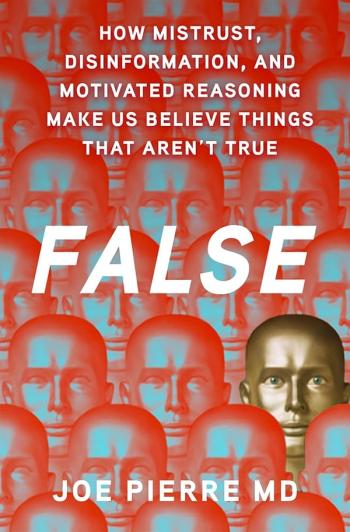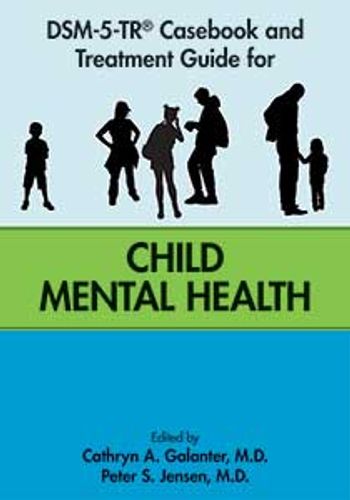
A Psychiatrist Investigates Poet Allen Ginsberg’s Journeys into Madness
The story of the legendary Beat poet’s involvement with madness and mental illness has never really been told—until now.
BOOK PREVIEW
Although much has been written by and about the legendary Beat poet Allen Ginsberg, the story of his intensive involvement with madness and mental illness has never really been told.
My new book, Best Minds: How Allen Ginsberg Made Revolutionary Poetry From Madness, offers a revelatory look at how Ginsberg transformed experiences of mental illness and madness into some of the most powerful and widely read poems of the 20th century.
What makes it so revelatory is how it draws upon materials and memories never previously revealed that Ginsberg himself allowed me to access: his psychiatric records and those of his mother. I also got to interview him several times. This took place when I was a medical student and early-career psychiatrist.
In 1949, before his career as a poet and countercultural leader took off, Ginsberg, then 23 years old, was admitted to the New York State Psychiatric Institute (PI) for an 8-month stay. Ginsberg had been having visions of God and had fallen in with drug users and a criminal gang. After a scandalous arrest, a deal with the prosecutor was struck and Ginsberg was hospitalized at PI for 8 months on the unit in which patients with psychotic symptoms were treated with psychotherapy.
Best Minds gets us in the room as a troubled Ginsberg opened up and his therapists, not much older than he, tried to help. We see how he struggled and the limits and power of mid-20th-century psychodynamic psychotherapy.
We also learn about his mother Naomi Ginsberg, who had a severe mental illness that began when she was 18 years old, and today would likely be diagnosed as schizophrenia. Tragically, she spent most of her adult life in and out of New Jersey and New York mental hospitals.
Of the tens of thousands of individuals who in the 1940s and ‘50s disappeared into state mental hospitals and were subjected to harmful treatments, worst of all lobotomy, her voice is one of very few we can still hear from.
Best Minds also offers new ways of reading some of Ginsberg’s most cherished poems. “Howl” begins, “I saw the best minds of my generation destroyed by madness.” Notice how he says, “saw,” thereby offering himself as a direct witness to both the liberatory and injurious powers of madness.
In Ginsberg’s hands, madness may sometimes be suffering and hardship, but it may also offer valued knowledge or freedom from constraints. What can make madness redeeming is that it can disrupt the existing order with new perceptions, bold ideas, remarkable imagery, and intense energy. If handled with appropriate care, madness may lead to spiritual, aesthetic, political, and social breakthroughs. To reject madness is to reject our full human potential.
Best Minds focuses on Ginsberg, as it no doubt should, but I appear as a medical student and early-career psychiatrist talking with Ginsberg and trying not to be too starstruck. Here, I would like to share a few reflections about my personal experiences in this project.
I was thrilled to be sitting with my hero, who did not disappoint. Yet we were talking about difficult matters, and his feelings of guilt and loss were very raw. Can you imagine how hard it was for me to show him the letter I found in his archives asking for him to sign consent for his mother’s lobotomy? It was not that he was unwilling to be open—but he would become distressed and it made me uncomfortable. I feared he would tell me to go away.
Instead, Ginsberg tried to make me into his kind of psychiatrist. When he uttered these words, sitting on an East Village stoop, I laughed out loud, but he was serious. He became a mentor. He urged me to read Antonin Artaud, William James, R.D. Laing, and others, and then we would discuss them together. We talked about cases I was seeing at PI, and he suggested I try lysergic acid diethylamide (LSD).
I delayed writing this book, but for good reasons. I felt it was better to wait until he passed before I opened up his and his mother’s secrets. To understand his experiences at PI, I myself had to learn psychotherapy and psychiatry, which took years. I also had to learn about and integrate James’ conversion experiences and grasp what it meant for an aspiring poet to walk with William Blake. At the same time, I was also pursuing an academic career in global mental health, which took me all over the world.
In our perilous world, what matters more than ever is Ginsberg’s revolutionary poetry and learning from the rocky and long road he traveled to configure art from hardship and suffering.
Dr Weine is a professor of psychiatry and director of the Center for Global Health at the University of Illinois College of Medicine. He is the author of Best Minds: How Allen Ginsberg Made Revolutionary Poetry From Madness (Fordham University Press, 2023).
Newsletter
Receive trusted psychiatric news, expert analysis, and clinical insights — subscribe today to support your practice and your patients.







